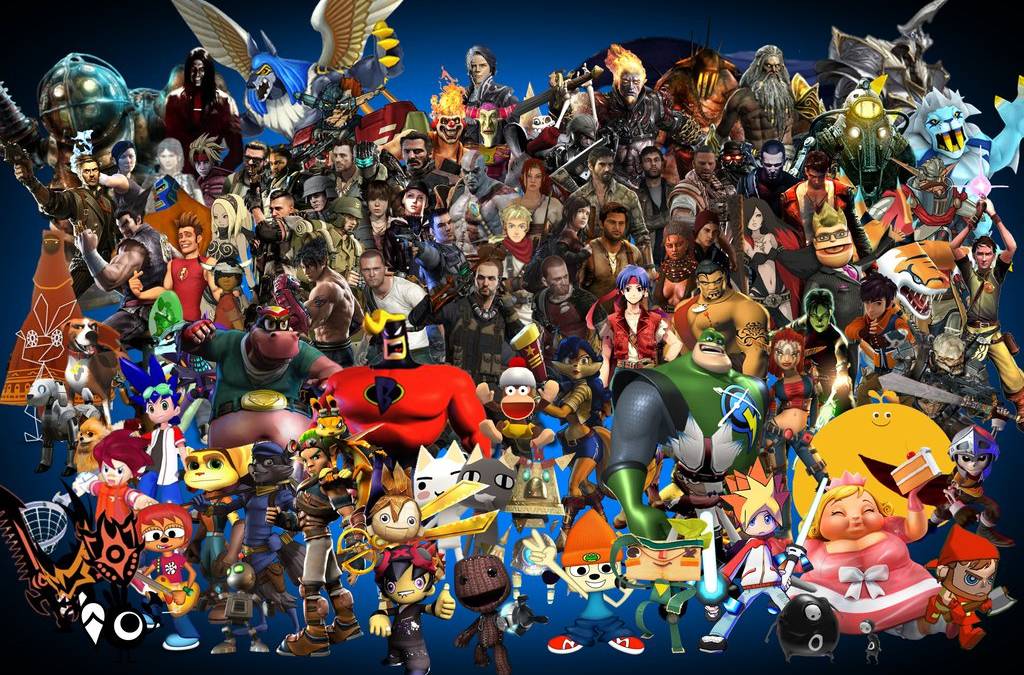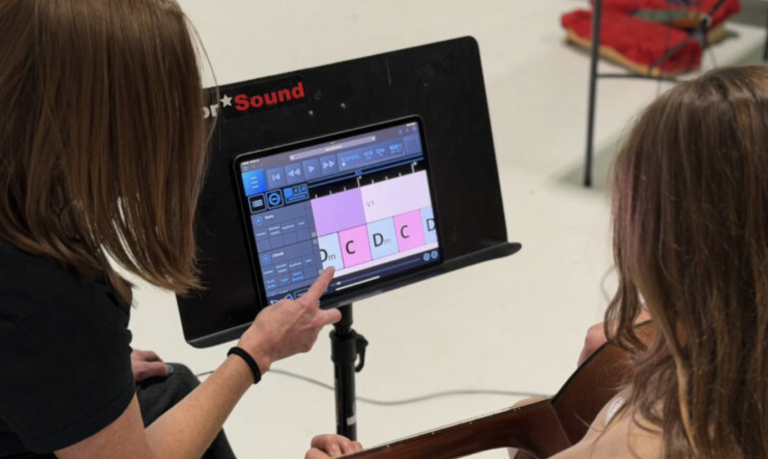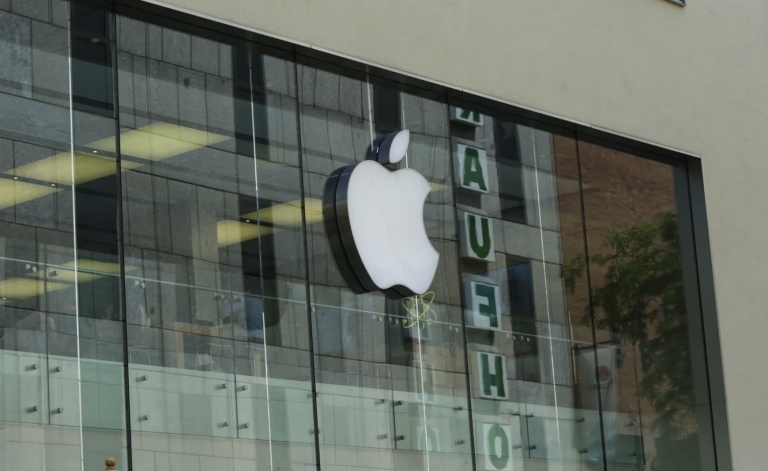From chiptune melodies to sweeping orchestral pieces, video games have produced soundtracks that elevate gameplay and create lasting emotional resonance. Much like film scores, these compositions have always been essential to storytelling in games. But in today’s digital era—dominated by livestreams, short-form content, and a global gaming culture—video game music is stepping into the spotlight as a powerful cultural and commercial force.
Once appreciated mainly by niche audiences, video game soundtracks are now widely used across digital platforms. Creators often feature them in livestreams and short videos, while derivative works—remixes or reinterpretations of game tracks—regularly rack up millions of streams. Part of this surge stems from practical reasons: game publishers tend to impose fewer copyright restrictions on their music, giving content creators safe, high-quality audio to use without fear of takedowns.
Culturally, the mainstream success of gaming has expanded the emotional weight of its soundtracks. A song from a popular title like Halo 4—which debuted at #50 on the Billboard 200—evokes deep nostalgia and connection. A streamer using a Pokémon or Legend of Zelda melody instantly taps into that shared memory, creating stronger engagement and emotional resonance with audiences.
Beyond digital platforms, this influence seeps into daily life. Video game music often mirrors everyday experiences—waiting, commuting, studying—and can shape listeners’ moods outside of the game. Because games are interactive, their music embeds itself in player behavior more profoundly than film or television scores, turning background sound into a lifestyle companion.
The Persona series exemplifies this evolution. Its jazz-infused soundtracks by Shoji Meguro have become iconic, blending seamlessly with both in-game life simulation and real-world listening. The Persona 5 soundtrack even charted at #5 in Japan, proof of its cultural reach.
Looking ahead, both game developers and music publishers stand to benefit from this shift. Developers who craft tracks with post-game potential can extend their titles’ lifespans, while publishers who embrace looser copyright rules can use games as testbeds for new music. As gaming continues to expand culturally, its soundtracks are poised to drive discovery, connection, and creativity far beyond the console.

Photo credit to Sony Computer Entertainment








